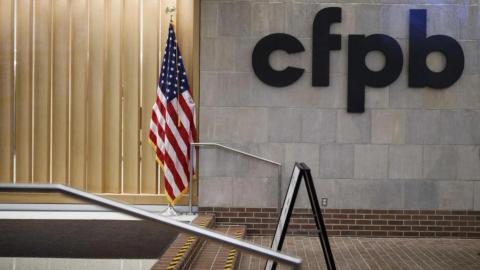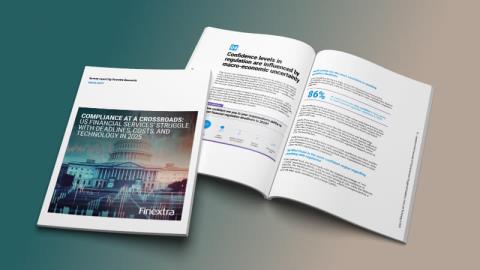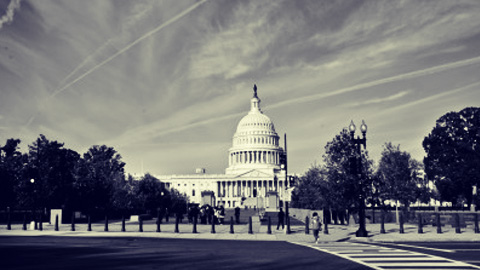US Judge Overturns CFPB’s Limit on Credit Card Late Fees: What It Means for Consumers
In a significant development for the financial sector, Texas-based US District Judge Mark Pittman has granted a joint request from the Consumer Financial Protection Bureau (CFPB) and a coalition of banking and business groups to eliminate a controversial rule. This decision underscores the ongoing evolution of financial regulations in the United States and highlights the complexities of consumer protection laws.
Overview of the Judicial Decision
Judge Pittman, appointed by former President Donald Trump, determined that the CFPB’s rule infringed upon the Credit Card Accountability and Disclosure Act of 2009. The rule previously restricted card issuers from imposing fees that were “reasonable and proportional to violations.” The implications of this ruling could reshape how credit card issuers operate moving forward.
Details of the CFPB Rule
- The rule impacted issuers with more than one million open accounts.
- Card issuers were required to demonstrate that high fees were essential to cover their costs.
- The CFPB estimated that this regulation would save Americans over $10 billion in annual late fees by lowering the typical fee from $32 to $8.
Changes Within the CFPB
Since the termination of former Director Rohit Chopra, the CFPB has been revising its strategies under acting Director Russell Vought. Recent actions include:
- Reversing an interpretive rule that classified pay-in-four buy now, pay later (BNPL) lenders similarly to credit card issuers.
- Dismissing various lawsuits against major banks, including JPMorgan Chase, Bank of America, and Wells Fargo, concerning fraud related to the Zelle peer-to-peer payment network.
Legislative Actions Impacting Financial Oversight
Additionally, recent legislative actions have resulted in the cancellation of a proposed rule that would have extended the CFPB’s oversight to major technology companies like Apple, Google, and X, which provide digital payment services and wallets. This decision reflects a broader trend of reducing regulatory burdens on financial institutions and tech companies alike.
As the financial landscape continues to change, it remains to be seen how these developments will affect consumers and the overall economy. For more information on consumer financial protection regulations, visit the CFPB website.







